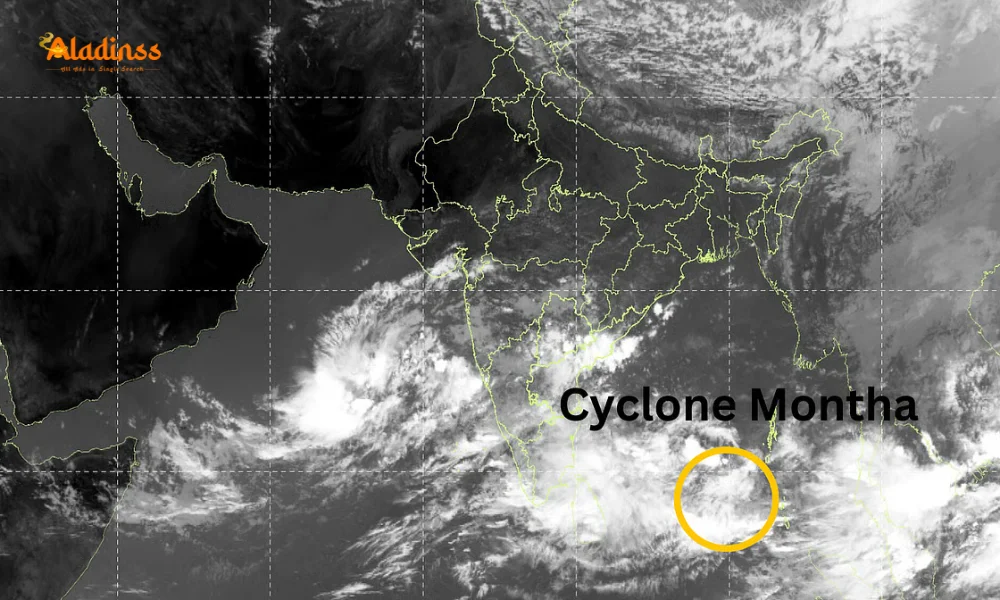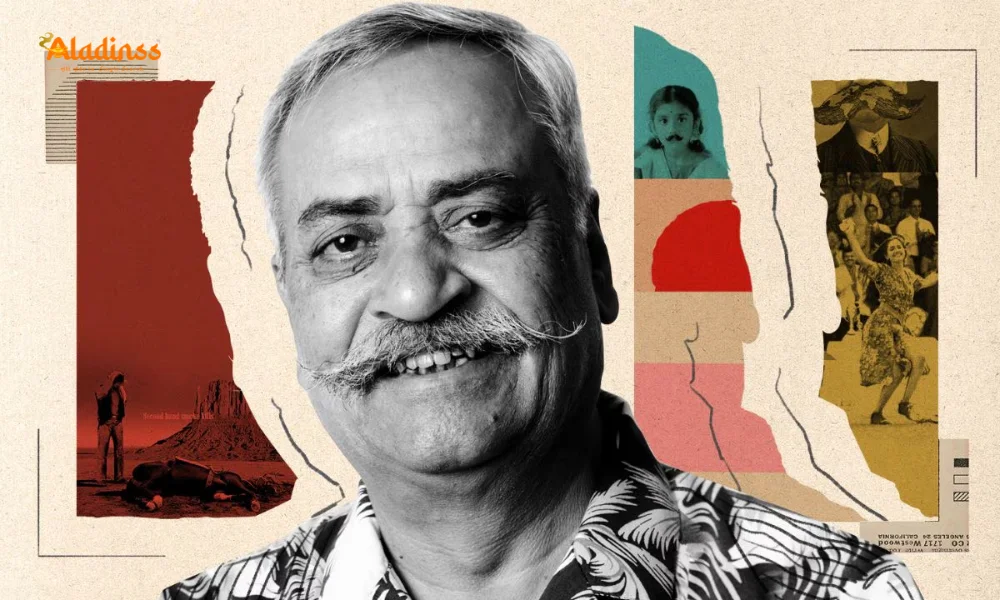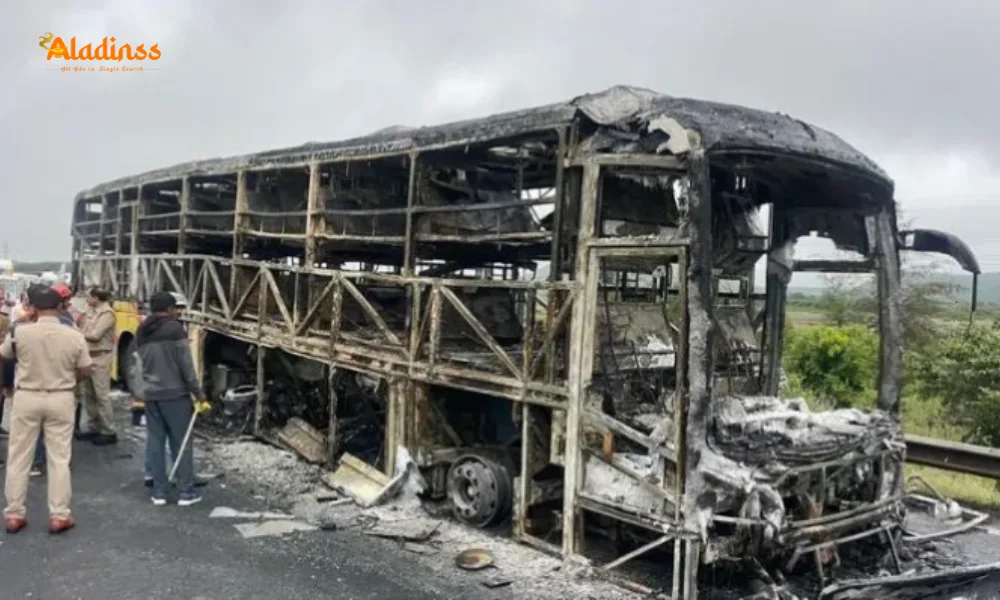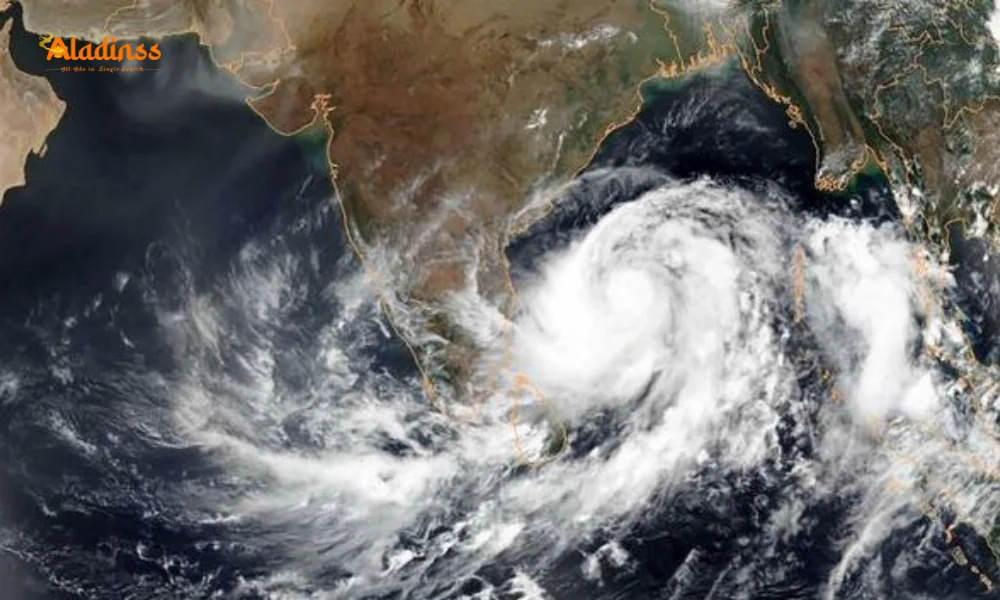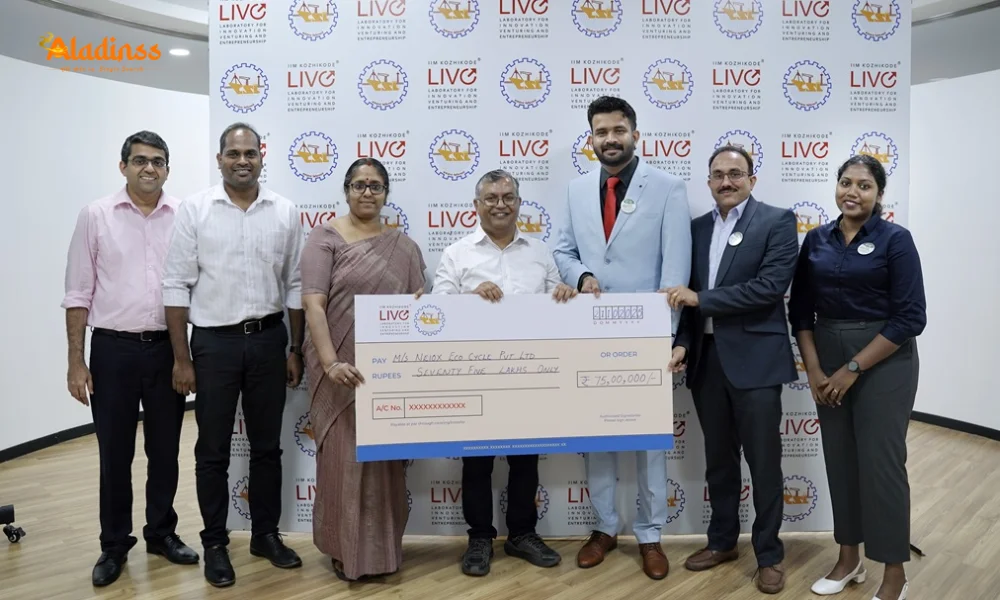Bengal BJP Unveils Bold CAA Camps Strategy Ahead of 2026 Elections
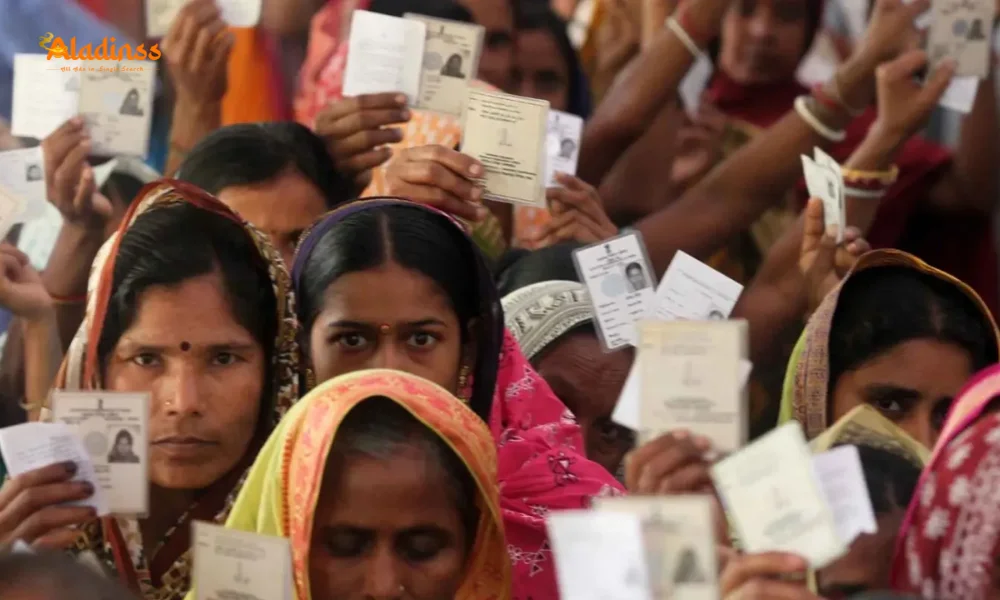
Bengal BJP Plans 2026 Polls with CAA Awareness Camps
The West Bengal unit of the Bharatiya Janata Party (BJP) is set to hold a critical meeting in Kolkata on October 24, 2025, to strategize for the 2026 state elections and advance its Citizenship Amendment Act (CAA) awareness campaign. Senior leaders, including Union Minister Bhupendra Yadav and National General Secretary (Organisation) Sunil Bansal, will attend to outline plans for approximately 700 awareness camps across West Bengal’s border districts. These camps aim to educate communities, particularly Hindu refugees, about the CAA’s provisions and dispel misconceptions, strengthening the party’s outreach ahead of the polls.
The initiative follows a strategic brainstorming session held in Kolkata on Wednesday, attended by key figures like BL Santosh and Sunil Bansal. The BJP’s focus on border districts reflects its intent to connect with refugee communities, assuring them of safety and legal support under the CAA. The party aims to clarify the linkage between the CAA and the Special Intensive Revision (SIR), addressing public doubts and reinforcing its commitment to persecuted minorities.
CAA Awareness Camps: Purpose and Scope
The BJP’s plan to establish around 700 CAA awareness camps across West Bengal’s border districts is a cornerstone of its pre-election strategy. These camps are designed to assist residents with CAA registration processes and provide clear information about the law’s benefits. A significant focus is on addressing misconceptions, particularly regarding how the CAA interacts with the SIR process. Many residents in border areas are reportedly confused about these policies, and the BJP aims to bridge this gap through targeted outreach.
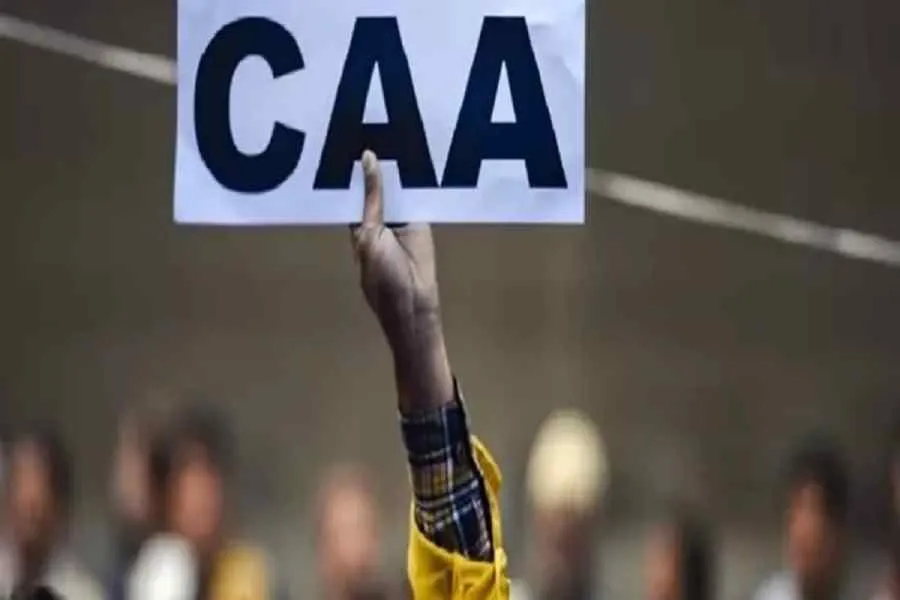
The camps will prioritize Hindu refugees who migrated to India due to religious persecution, particularly from neighboring countries. A senior BJP leader emphasized the party’s commitment to ensuring these communities feel secure, stating, “No persecuted Hindu will face deportation. Our camps will deliver this message clearly.” By focusing on border districts, the BJP aims to build trust among these communities, which could translate into electoral support in 2026.
Strategic Directives from the Kolkata Meeting
The Kolkata meeting will finalize several key directives to ensure the success of the CAA campaign and election preparations. These include:
- Significantly increasing the number of CAA awareness camps across West Bengal.
- Holding district leaders and MLAs accountable for effective implementation.
- Addressing any protests or resistance to the campaign with firm action.
- Providing two dedicated contact numbers for party workers to report on-ground challenges.
- Requiring monthly progress reports to be submitted to the central leadership.
These directives reflect the BJP’s structured approach to grassroots mobilization. By assigning clear responsibilities to district-level functionaries, the party aims to ensure that its outreach efforts are both widespread and effective. The emphasis on countering resistance suggests that the BJP anticipates opposition from rival parties or local groups, particularly in politically sensitive border areas.
Focus on Border Districts and Refugee Communities
The BJP’s focus on West Bengal’s border districts is a calculated move to strengthen its voter base among refugee communities. These areas, which have a significant population of Hindu migrants, are seen as critical for the party’s electoral prospects in 2026. The CAA, which offers citizenship to non-Muslim refugees from Pakistan, Bangladesh, and Afghanistan who entered India before December 31, 2014, is a key policy for these communities. The awareness camps aim to clarify eligibility criteria and streamline the application process.
Shamik Bhattacharya, the BJP’s state president, highlighted the humanitarian angle of the initiative, stating, “Our goal is to provide refuge to Hindus facing persecution abroad. These camps are a step toward fulfilling that commitment.” By framing the CAA as a humanitarian effort, the BJP seeks to counter criticism that the law is discriminatory, while also appealing to its core voter base.
Addressing Misconceptions About CAA and SIR
One of the primary objectives of the CAA awareness camps is to address public confusion about the law’s linkage with the Special Intensive Revision (SIR). The SIR, a process to update electoral rolls, has raised concerns among some residents who fear it could lead to exclusion from voter lists. The BJP’s camps will provide detailed explanations to dispel these fears, ensuring that eligible citizens understand their rights and obligations under both initiatives.
The party’s outreach efforts will include informational sessions, distribution of educational materials, and one-on-one assistance with CAA applications. By addressing these concerns directly, the BJP aims to build trust and reduce skepticism about the law, particularly in areas where misinformation has spread.
Political Context and Election Strategy
The timing of the Kolkata meeting and the CAA campaign is significant, as West Bengal prepares for the 2026 state assembly elections. The BJP, which has been working to expand its influence in the state, sees the CAA as a key issue to mobilize voters, particularly in border regions. The party’s previous electoral campaigns have emphasized the protection of Hindu refugees, a narrative that resonates with its core supporters.
By organizing these camps, the BJP aims to strengthen its grassroots presence and counter the ruling Trinamool Congress (TMC), which has been critical of the CAA. The party’s focus on direct voter engagement through awareness campaigns reflects a broader strategy to build a loyal voter base in a state where it faces stiff political competition.
Challenges and Opposition
The BJP’s CAA campaign is likely to face challenges, including protests from opposition parties and local groups who view the law as controversial. The party’s directive to counter resistance “firmly” suggests a proactive approach to managing dissent. The provision of dedicated contact numbers for party workers indicates that the BJP anticipates logistical and political hurdles on the ground.
To mitigate these challenges, the BJP is emphasizing transparency and accessibility in its campaign. Monthly reports to the central leadership will ensure accountability and allow the party to address issues promptly. The involvement of senior leaders like Bhupendra Yadav and Sunil Bansal underscores the campaign’s importance to the BJP’s national agenda.
Impact on West Bengal’s Political Landscape
The CAA awareness camps and the Kolkata meeting could significantly shape West Bengal’s political landscape as the 2026 elections approach. By focusing on border districts and refugee communities, the BJP is positioning itself as a defender of persecuted minorities, a narrative that could resonate with voters in these areas. The party’s efforts to clarify the CAA’s provisions may also help counter negative perceptions and build goodwill among targeted communities.
However, the success of this strategy will depend on the BJP’s ability to execute its plans effectively and navigate opposition. The camps must deliver tangible results, such as streamlined CAA registrations and increased voter support, to justify the party’s investment in this initiative. The Kolkata meeting will likely set the tone for these efforts, providing a roadmap for the BJP’s campaign in the coming months.
Looking Ahead to 2026
As West Bengal gears up for the 2026 elections, the BJP’s focus on the CAA and grassroots mobilization signals a proactive approach to building electoral support. The awareness camps, combined with strategic planning in Kolkata, highlight the party’s commitment to addressing both humanitarian and political objectives. By reassuring refugee communities and clarifying policy misconceptions, the BJP aims to strengthen its foothold in a state where it has faced significant challenges in the past.
The success of these efforts will depend on the party’s ability to engage with voters effectively and address opposition head-on. With senior leaders at the helm, the BJP is poised to make the CAA a central issue in its campaign, potentially reshaping voter perceptions and influencing the outcome of the 2026 elections.
Comment / Reply From
No comments yet. Be the first to comment!
